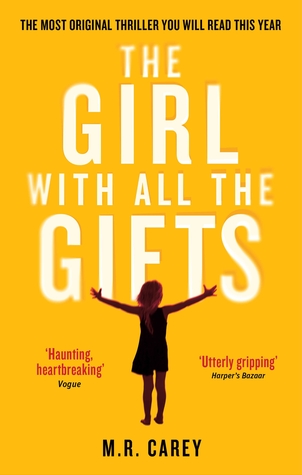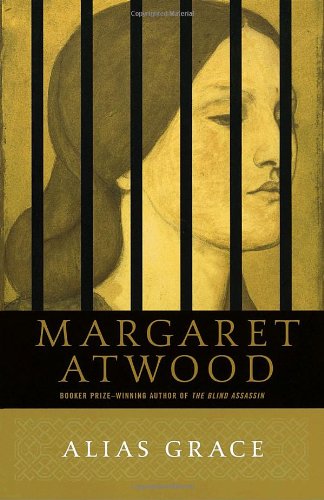The trailer is one huge spoiler alert for those who haven't read the book so proceed to that link with caution. I'll just say here that it looks like it's going to be pretty darn good, with loads of creepy kids plus Glenn Close. 'Nuff said.
And you may be absolutely jumping out of your seat if you are anything like me over the news that Margaret Atwood's historical novel about real life convicted murderer, Grace Marks, will be coming to Netflix as a miniseries this year.
Also, If you are anything like me, you will be made insanely jealous by the news that I will be seeing the fabulous and brilliant Margaret Atwood live in person at the Great Big Annual American Libraries Association conference this weekend. I may be paralyzed with fangirl-itis and unable to speak if I happened to meet her but I will do my best to report back here on her, and other news of interest to readers. A question for you, our readers: Given the chance, what would you ask your favorite author?
P.S.
Speaking of speculative fiction: Holy mackeral, this is a big list of speculative fiction in translation. Thanks, Book Riot!






